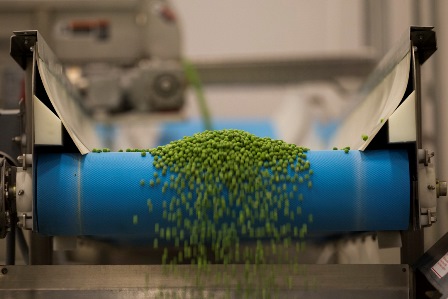 Participants discussed the importance of using technology, such as websites, to centralize resources. They emphasized the importance of sharing work, versus reinventing the wheel. Technology has great potential to build continuity, which can be helpful for organizations and gleaners more broadly. Gleanweb.org is an example of how volunteer management can be streamlined, and the Rotary First Harvest Produce Recovery Guide is an example of a centralized repository. The recovery guide is actively looking to engage other gleaning programs, grow from feedback and build its resource base. Much can also be learned through the experience of other volunteer management and collective, resource-based sites.
Participants discussed the importance of using technology, such as websites, to centralize resources. They emphasized the importance of sharing work, versus reinventing the wheel. Technology has great potential to build continuity, which can be helpful for organizations and gleaners more broadly. Gleanweb.org is an example of how volunteer management can be streamlined, and the Rotary First Harvest Produce Recovery Guide is an example of a centralized repository. The recovery guide is actively looking to engage other gleaning programs, grow from feedback and build its resource base. Much can also be learned through the experience of other volunteer management and collective, resource-based sites.
Participants saw the exciting potential of technology; however two relevant concerns were raised. First, are important human interactions lost when processes become further automated? Volunteers more easily become a database figure when they sign up online, therefore it can be harder to ‘trust’ people – understand their motivations, create reliable expectations and develop relationships. Second, how do organizations balance inclusivity and privacy? Findings from the Northern California Conference reveal interest in an open platform for greater scope. The challenge is respecting individuals’ privacy. New management systems must organize their database based on these concerns.
The later issues are compounded if low-income comprise the volunteer base. Should your organization be membership based? Are their income requirements? Are volunteers taking something away for their work? The key is creating an organized technology system which addresses all needs and makes gleaning convenient and accessible. The trick is how to streamline systems across gleaning communities regionally.
